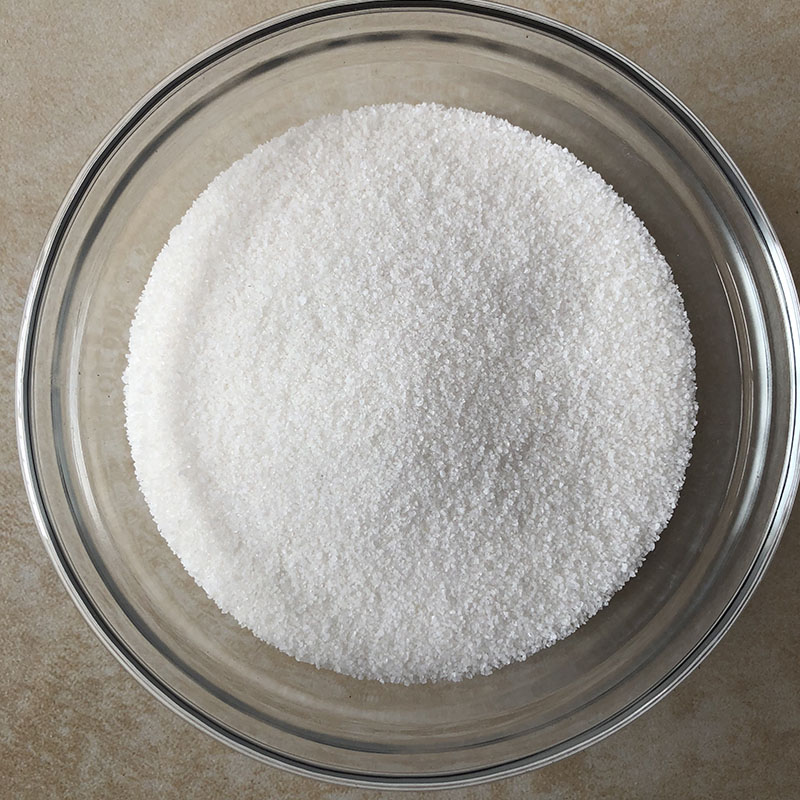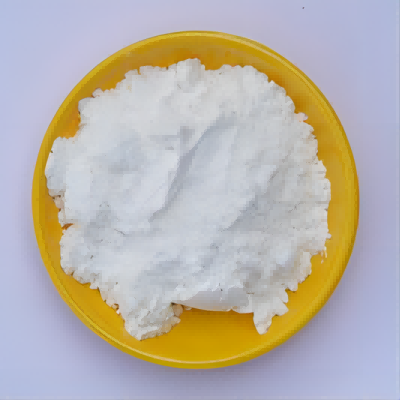FCCP CAS:370-86-5
FCCP is widely utilized in various fields of biological and biomedical research due to its ability to uncouple oxidative phosphorylation, making it an essential tool for investigating mitochondrial function and energy metabolism. Here are some of its key applications: Mitochondrial Studies: FCCP is frequently employed in studies examining mitochondrial bioenergetics. By uncoupling oxidative phosphorylation, researchers can assess the efficiency of the electron transport chain and measure parameters such as oxygen consumption rates (OCR) and mitochondrial membrane potential. This information is crucial for understanding mitochondrial dysfunction in diseases like diabetes, obesity, and neurodegenerative disorders. Drug Development: In pharmaceutical research, FCCP is utilized to screen compounds that may influence mitochondrial function. By evaluating how various drugs affect the respiratory control ratio and oxidative phosphorylation, researchers can identify potential therapeutic targets for conditions associated with mitochondrial dysfunction. Cancer Research: FCCP plays a role in cancer studies, particularly in investigating metabolic reprogramming in tumor cells. Many cancer cells exhibit altered metabolism, often relying on glycolysis rather than oxidative phosphorylation. By using FCCP to manipulate mitochondrial activity, scientists can explore how these changes support tumor growth and survival, potentially revealing new strategies for cancer treatment. Cellular Metabolism: Researchers use FCCP to study the metabolic pathways involved in energy production and utilization. By uncoupling ATP synthesis, FCCP helps to elucidate how cells adapt their metabolism under different physiological and pathological conditions. This has implications for understanding metabolic syndromes and developing interventions. Physiological Experiments: In physiological studies, FCCP is also used to mimic states of increased metabolic demand. For example, exposing cells or tissues to FCCP can simulate exercise-induced metabolic stress, allowing for insights into cellular responses and adaptations. Overall, FCCP is a valuable reagent in the life sciences, providing critical insights into mitochondrial dynamics, energy metabolism, and the underlying mechanisms of various diseases. Its ability to modulate cellular respiration makes it indispensable in both basic research and the development of novel therapeutics.






| Composition | C10H5F3N4O |
| Assay | 99% |
| Appearance | white powder |
| CAS No. | 370-86-5 |
| Packing | Small and bulk |
| Shelf Life | 2 years |
| Storage | Store in cool and dry area |
| Certification | ISO. |









